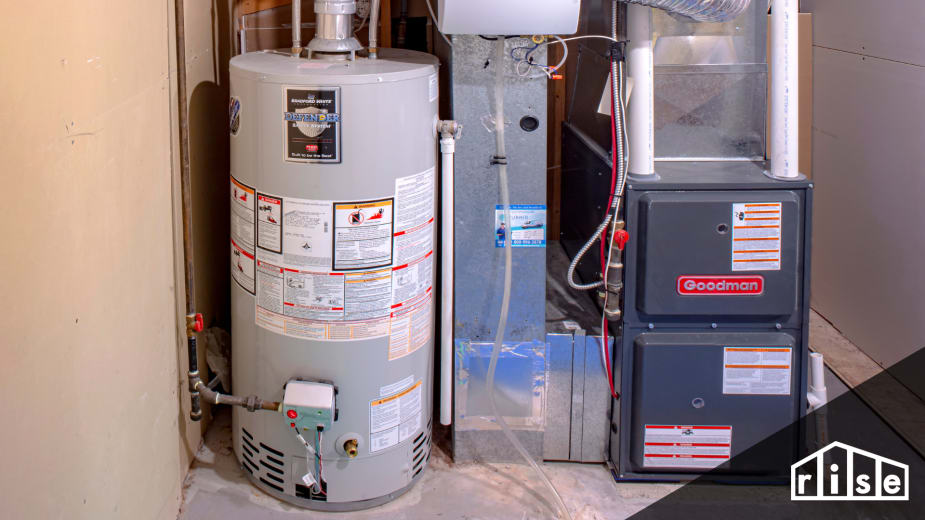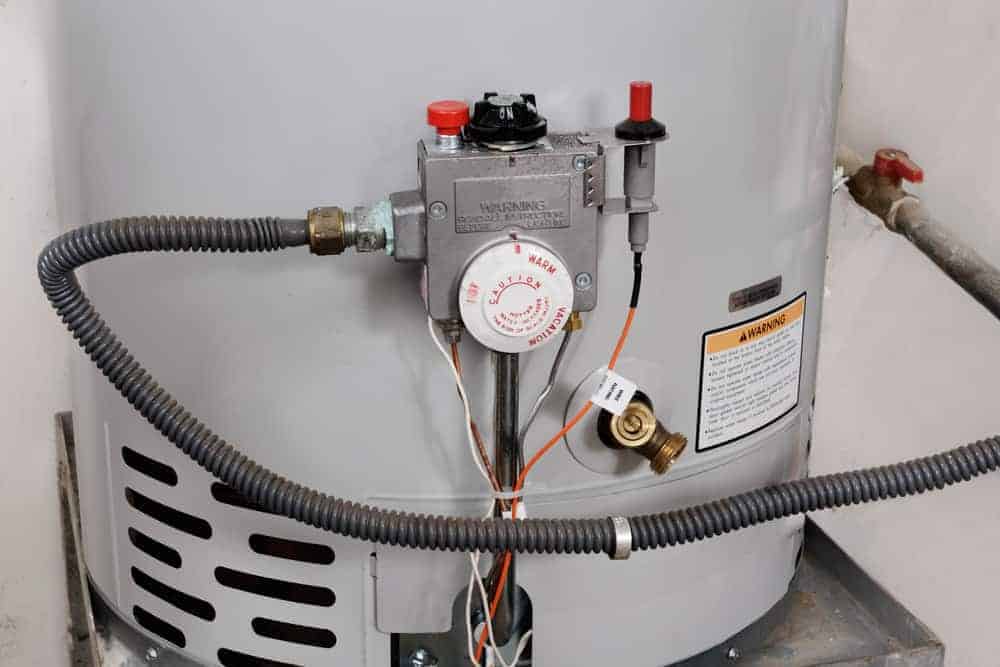Important Steps Homeowners Should Follow While Addressing Faulty Hot Water Systems
Important Steps Homeowners Should Follow While Addressing Faulty Hot Water Systems
Blog Article
Here down the page you'll find lots of great tips in relation to Maintaining & Draining a Water Heater.

Whether it lies in the cellar or a different area, busted water heaters can create stress and anxiety. A standard unit holds 80 gallons, so an overnight leakage will certainly cause a flood. This results in major residential or commercial property damage with drenched walls and floorings. Having no warm water supply is likewise problematic. If you are dealing with these concerns, remember of the following:
Call the Plumber
After doing the very first 2 safety steps, you have to call your plumber to come right away to fix a burst water heating system. There are usually signs that your aging water heating unit has debris build-up in the inside.
Don't await major flooding to call the plumber. Already, you will need to invest more to recover your residential property. Instead, as soon as you detect these signs, have actually a specialist concerned inspect your water heater storage tank. Commonly, hot water heater have a life expectancy of regarding 8 to 12 years. With routine assessment as well as maintenance, you can prolong its life.
Cut Off the Cold Water Supply
Cut off the containers tap water supply from the source. This goes from your major water line right into the tank. When your tank is in good condition, the cold water quits filling out when the storage tank is full. But given that it is dripping, the water will remain to stream. Shut the valve found on top of the heater. Turn this clockwise to shut it off. If you can not locate it or reach it, you must switch off that main water line outside your residential property.
Shut Off Source Of Power
Prior to calling the plumber, closed off a gas water heating unit by turning the temperature level dial. This will certainly avoid electrocution, specifically if there is a leak as water is a conductor. Usually, the home heating element shuts off when the water strikes a details temperature.
Clean Up Building
After calling the plumber, file damage by making note and pictures so you can claim your house owner's insurance policy. From there, begin the instant cleanup. Get any vital items to stop more soaking. Eliminate any type of standing water to stop mold and mildew as well as mold growth. Use that to drain the water if you have a submersible water pump. Or else, the standard container method will additionally function. Try to wipe out every little thing, including wall surfaces as well as baseboards. Maintain them running to maintain air distributing if you have an electrical fan and dehumidifier. This will certainly aid prevent mold growth.
Bear in mind, if you see any kind of concerns with your water heating system, call the pros right away. You can not take this trouble gently due to the fact that a damaged thermostat can elevate water temperature to a precariously high degree, leading to unexpected burns.
After doing the very first two safety actions, you have to call your plumber to come right away to take care of a burst water heater. Rather, as quickly as you find these signs, have actually an expert come to inspect your water heating system storage tank. Before calling the plumber, closed off a gas water heater by transforming the temperature dial. If you have a completely submersible water pump, utilize that to drain pipes the water. Bear in mind, if you notice any issues with your water heating system, call the pros right away.
Is My Water Heater Broken?
The Water Heater is Old
No appliance will last forever. This includes a home’s water heater. During its lifespan, residents are going to face a situation where a new water heater installation will be necessary. The biggest problem with this is that most people are not sure when their water heater expires. Not knowing this can lead to serious risks if the unit begins to act up due to old age.
Most makes and models of water heaters will last between eight and 10 years. While 10 years is the age when water heater replacement is highly recommended, the need to replace the unit may occur before this time or after. If the unit doesn’t show any symptoms of a problem, it is a good idea to replace it at the 10-year mark (from the manufacture date).
Some of the symptoms that indicate a new unit is needed include rusting, leaks, noises, and a failure to heat up the water. Also, note that not all units have a 10-year life expectancy. The main exception to this rule is that a gas unit will last for six to eight years.
Rusty Heater Inlet Valve or Water
While steel is the strongest material on earth, it does have a weakness – rust. If corrosion occurs on a steel surface, it will begin to spread and eat through the steel in certain areas. On water tanks and pipes that are made of steel, rust is a warning sign of an impending leak.
The issue for many is trying to figure out if the rust is coming from the water heater or the pipes that lead to the faucet. If rust is seen, it is a clear indication that water heater service from the professionals is needed.
If rusty water appears out of the faucets in the bathtub or sink, it likely means a rusty water heater. If there is rust near the water inlet or the pressure relief valve, rust has likely developed inside the tank. If tap water appears rusty, it may be an issue with the pipes.
Strange Sounds from the Water Heater
Are there strange sounds coming from the tank? As a water heater gets older, rumbling noises may develop and get louder and louder as the water in the tank heats up. In homes where large amounts of hot water are used, the issue is likely going to be even more obvious when more serious issues arise. If there is a strange or loud noise coming from the unit, it is probably because of sediment buildup. A good way to remedy this problem is by flushing the heater. If this does not work, then a new unit may need to be installed.
Leaks
As a water heater gets closer to the end of its useful life, there is a higher chance there will be water around the tank. If there is water, this usually means leaks are occurring. Based on where the unit is located in the home, a leak may result in serious property damage.
Leaks are usually caused by expansions in the metal tank. The expansions occur as time passes and as the inside body of the tank is exposed to multiple heating cycles per day. When a fracture forms, the gap will be slight enough to hold the water in; however, in more serious situations, this will not be the case. If the tank is idle, the water will not leak but when the metal expands during each heating system, small amounts of water will get through the gap.

As a passionate reader about Water Heater Burst, I figured sharing that piece of content was beneficial. If you enjoyed reading our blog post please remember to share it. We appreciate reading our article about How to Avoid a Broken Hot Water Heater.
Leak? Reach out! Report this page